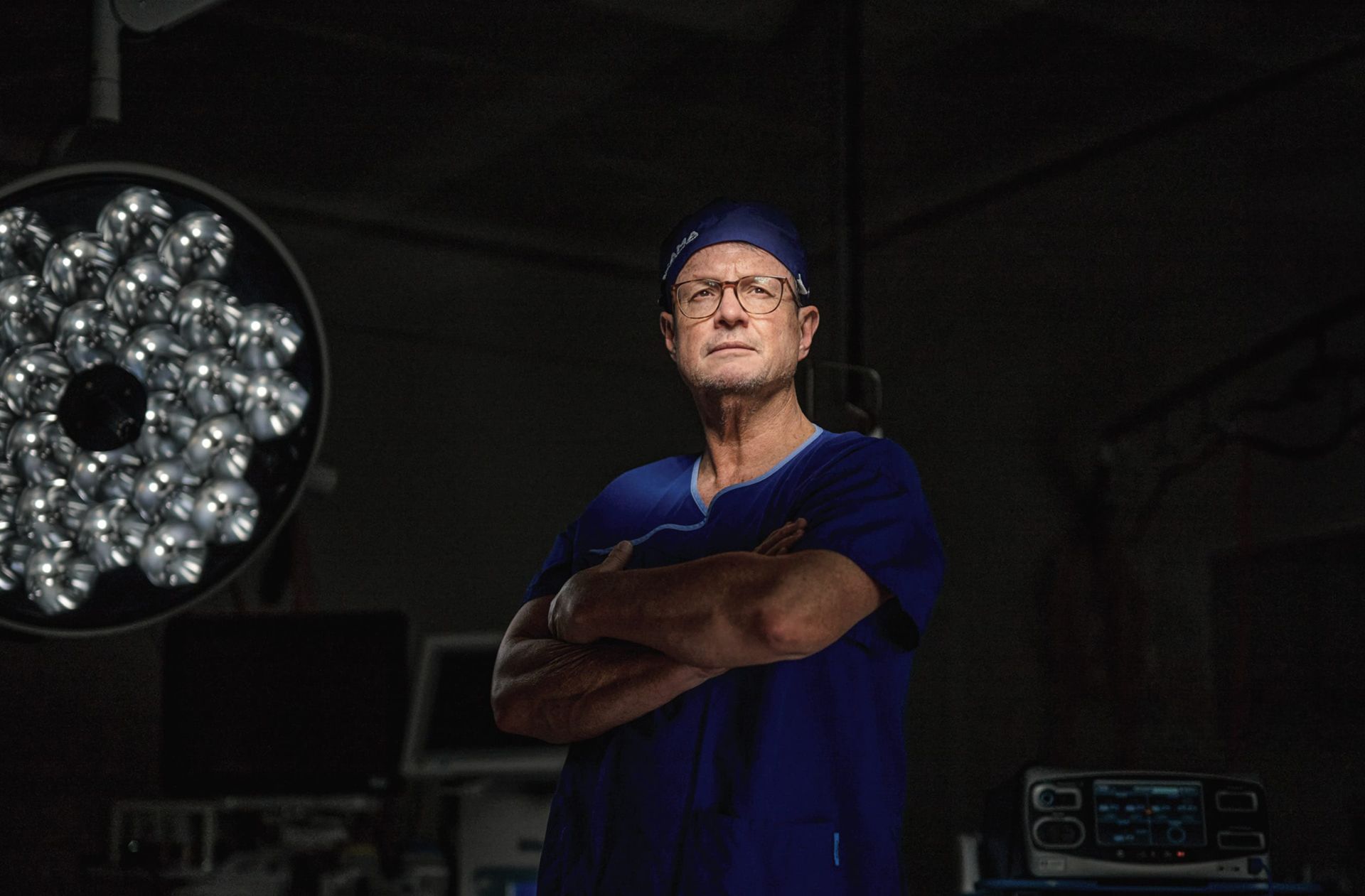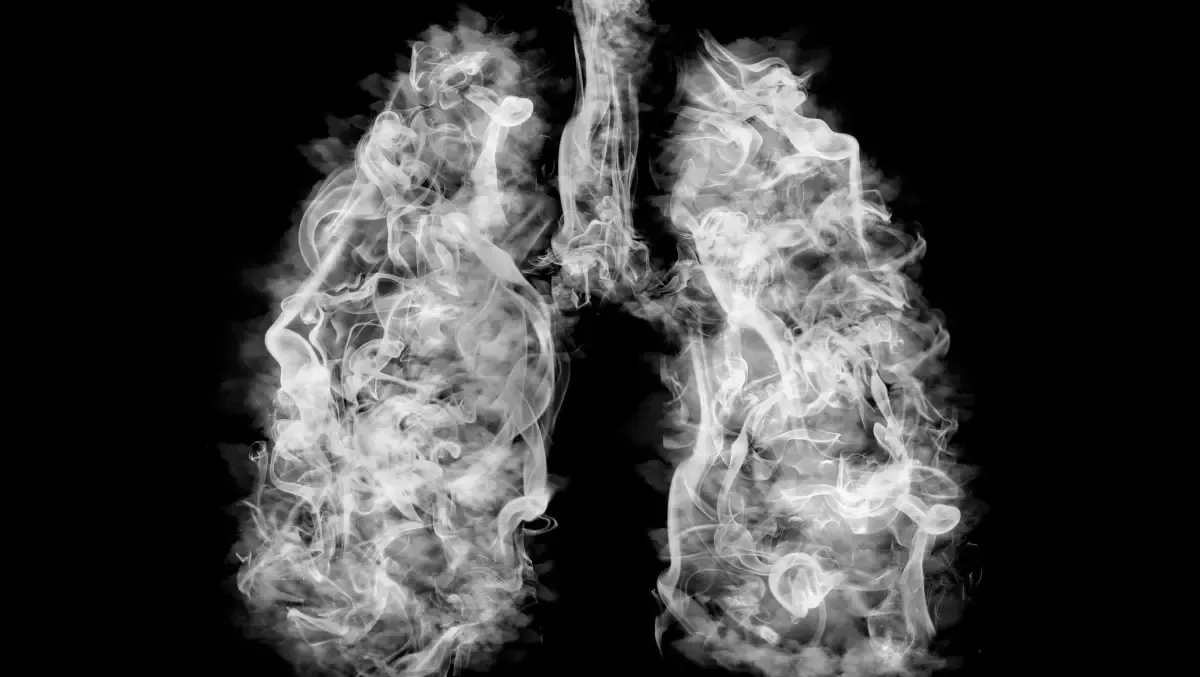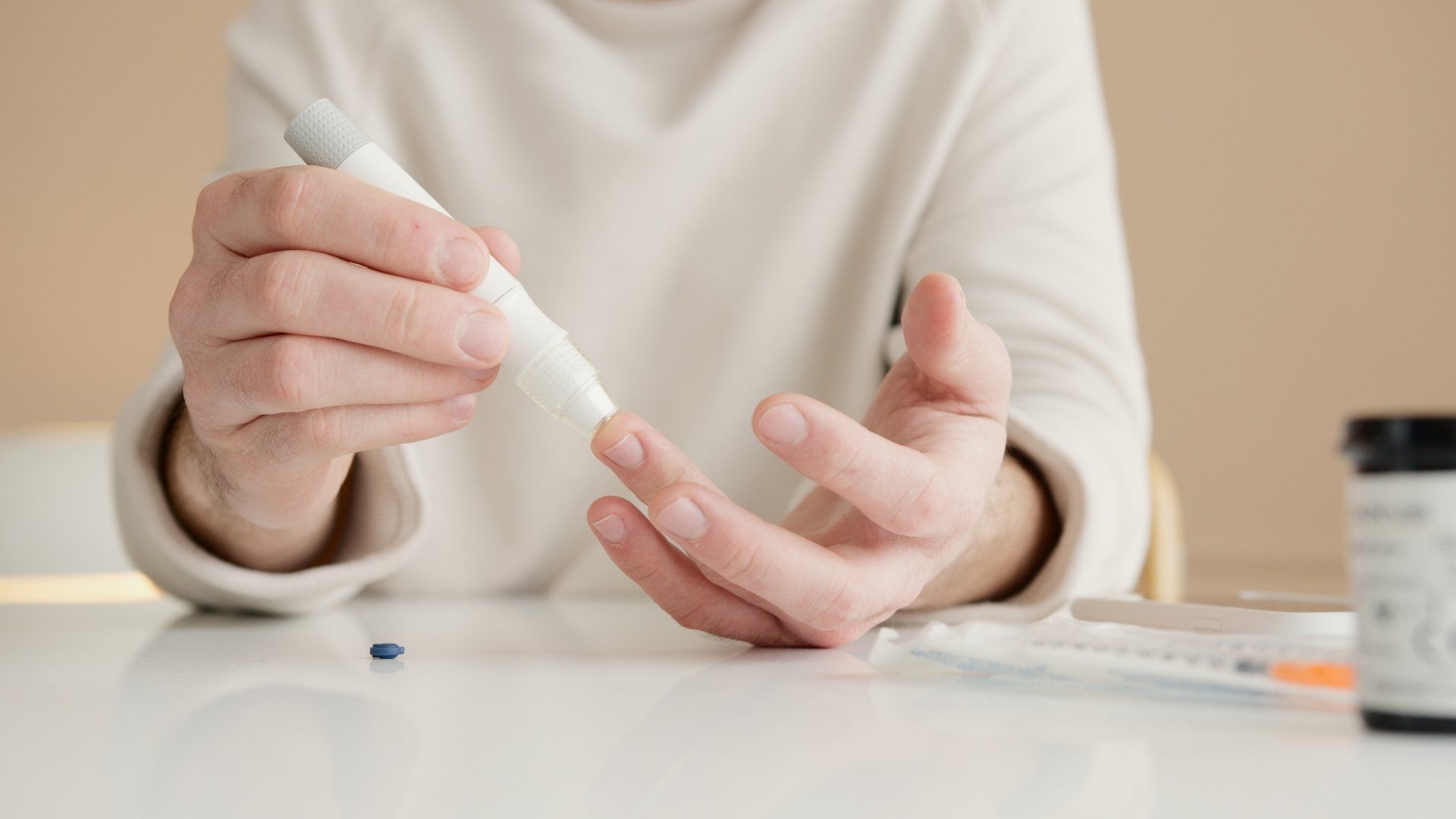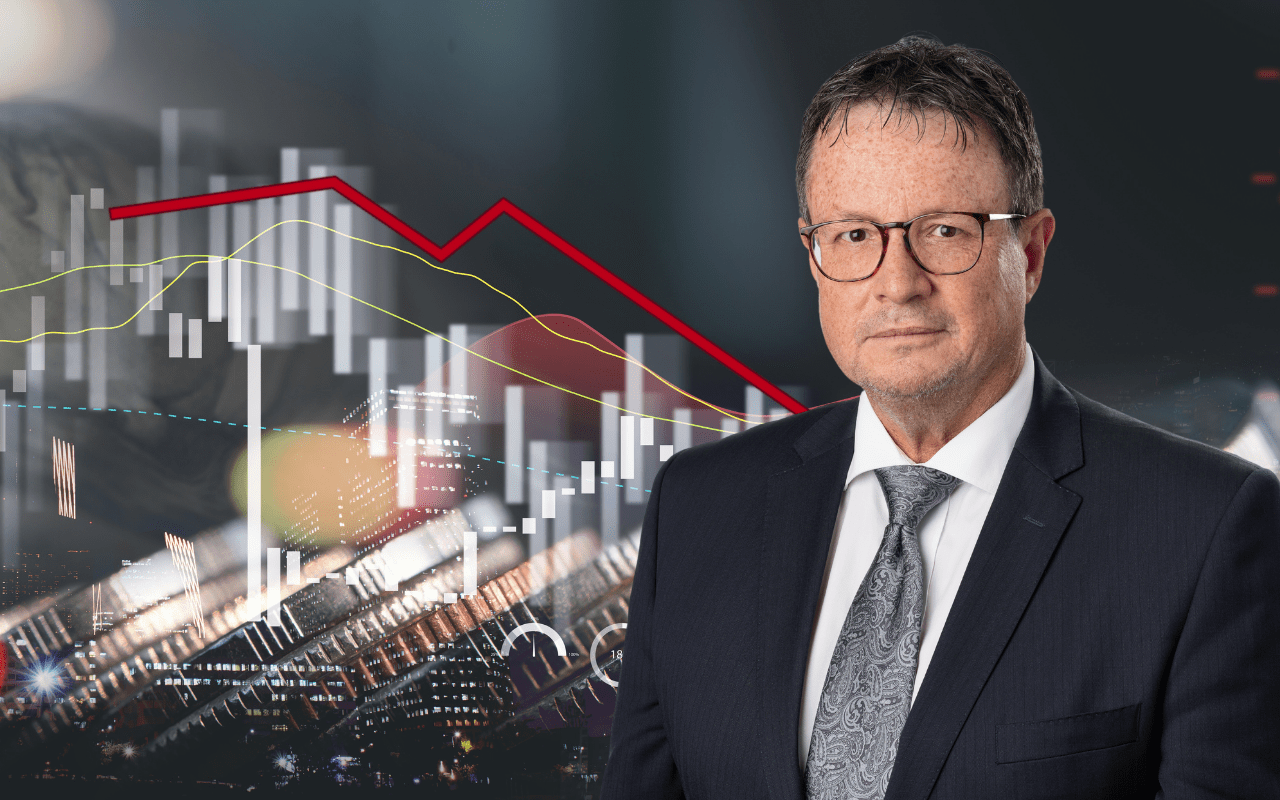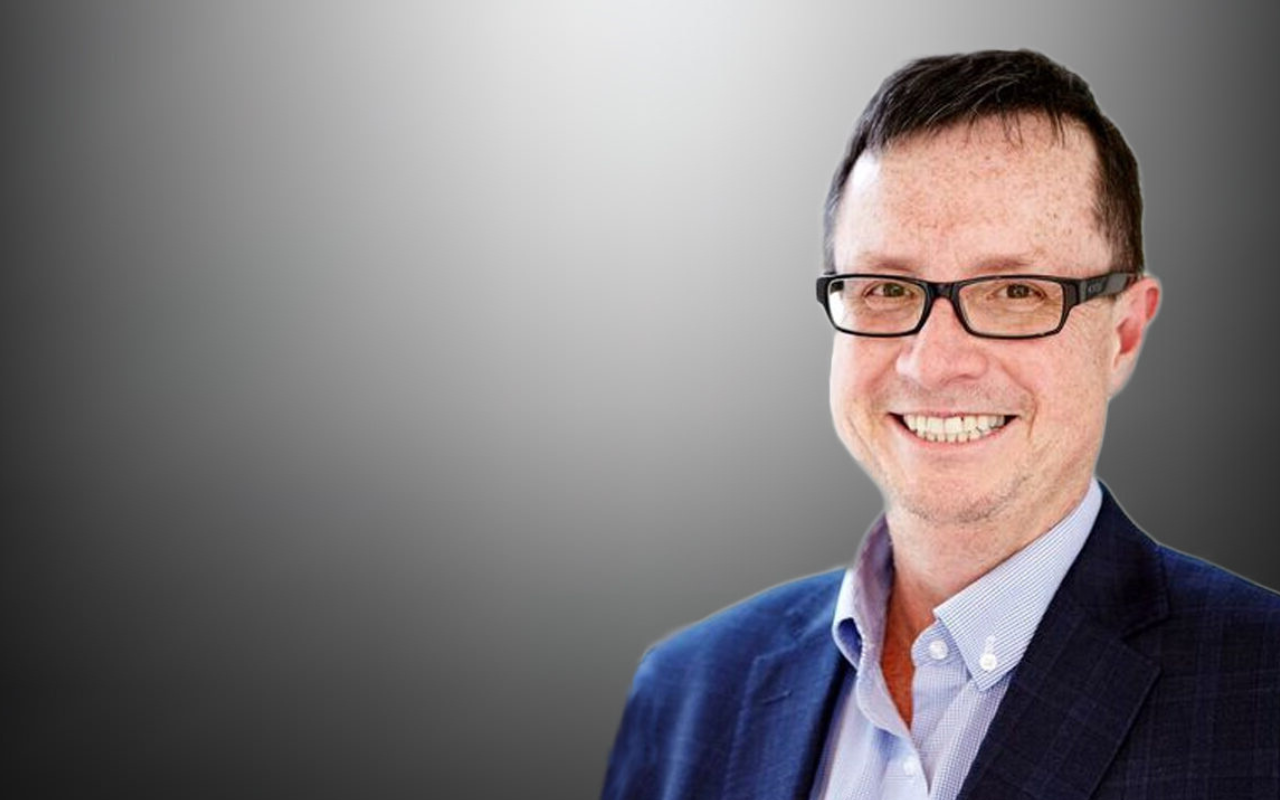How your healthcare is about to change, and change dramatically
Originally published Canberra Times
Artificial intelligence will begin to have a dramatic impact on healthcare and health services in 2024 - but will it make things better or worse?
We are about to see the start of a quiet revolution that will, in the long run, be almost as transformative as the introduction of technologies such as antibiotics, blood banking and safe anaesthesia.
The rollout of AI as a routine part of medical care has the potential to deliver mind-blowing innovation in healthcare in Australia.
It has the potential to be transformative for patients, doctors, other health professionals and the whole economy.
Every Australian who has seen a doctor or been treated in a hospital will already have experienced the role that computers and information technology play in their care.
Patients in hospitals will be used to seeing staff pushing computers on wheels around and typing information into these systems as care is provided.
Yet the vast majority of software used in these settings has a very limited role in guiding treatment decisions.
That is about to change, and change dramatically.
Moving past the role of simply acting as a repository of information about patients, AI will begin to assist with the diagnosis and - importantly - the types of treatments offered to patients.
This will be just as big a culture shock for doctors as it will be for their patients. The most advanced AI that most doctors use at the moment is often Siri, or their Netflix preference guides.
The first doctors to embrace the potential of AI have been the radiologists who specialise in reading our x-rays, ultrasounds and MRI scans.
For several years now, AI software applications have been introduced to assist with image recognition and, increasingly, with decision-support.
Interpreting X-rays and other medical scans can be challenging for even the most experienced specialists, and the stakes are high.
Missing an important diagnosis, such as an early cancer or a subtle bone fracture, can have serious consequences for patients.
The use of AI to assist radiologists as they work to read multiple images has been shown to enhance accuracy and improve outcomes for patients. There is, however, an important drawback that has major implications for patients.
AI is so powerful in its capabilities that it may detect subtle changes in human tissues that elude the human eye. It has the potential to detect changes in brain structure long before any disease becomes evident, or even is suspected.
This situation has the potential to lead to several possible consequences.
What happens when AI unearths subtle changes that may not ever cause significant health problems, such as neurological diseases?
Some medical journals are now warning that this situation has enormous potential to cause distress and ongoing concern for patients and could lead to further unnecessary tests or even surgery.
Another area where AI has enormous potential to improve patient care is in pathology. An excellent example is the diagnosis of cancers by specialist pathologists.
Accurate interpretation of cancers under the microscope is the cornerstone of modern cancer care.
AI technologies have the potential to improve the precision and accuracy of such a diagnosis, and to pave the way for bespoke cancer treatments that reflect subtle patterns in the architecture of cells in a cancer.
At a time when the pathology workforce is under great pressure, the introduction of AI technologies that act as a co-pilot and assist the pathologist in dealing with high workloads will be attractive to health services.
But it will be vital to harness the potential power of AI in a way that does not introduce diagnostic confusion or uncertainty.
We must also ensure that processes are in place to confirm that the AI technology is actually improving care, not just adding to its complexity.
AI applications will be introduced across the health system to both improve patient care and to compensate for healthcare worker shortages. It will be vital that the cure is not worse that the disease, though.
The introduction of clinical decision support systems - where AI systems tell healthcare workers how to treat patients - is likely to be rapid from this point forward.
There is no doubt that, in a time when the pressures on our health system are unprecedented, help will be welcome.
As this rollout of AI technology occurs, it may not be visible to patients receiving care or, indeed, to the doctors, nurses and healthcare workers being directed by computer.
For this reason, the community must have trust in the systems and processes that we have in place to monitor just how well AI is achieving these aims.
At a time when the demands on our health system are overwhelming, the system is under-resourced, and staff are under more pressure than ever, the lure of AI to solve these problems will be irresistible.
The AI revolution is upon us and gathering momentum at an extraordinary pace.
If we are to harness its power for the greatest good, then we need to ensure it is a safe and trustworthy co-pilot in human health care, and never takes over the controls.
It is going to be an exciting ride.
Recent Posts


